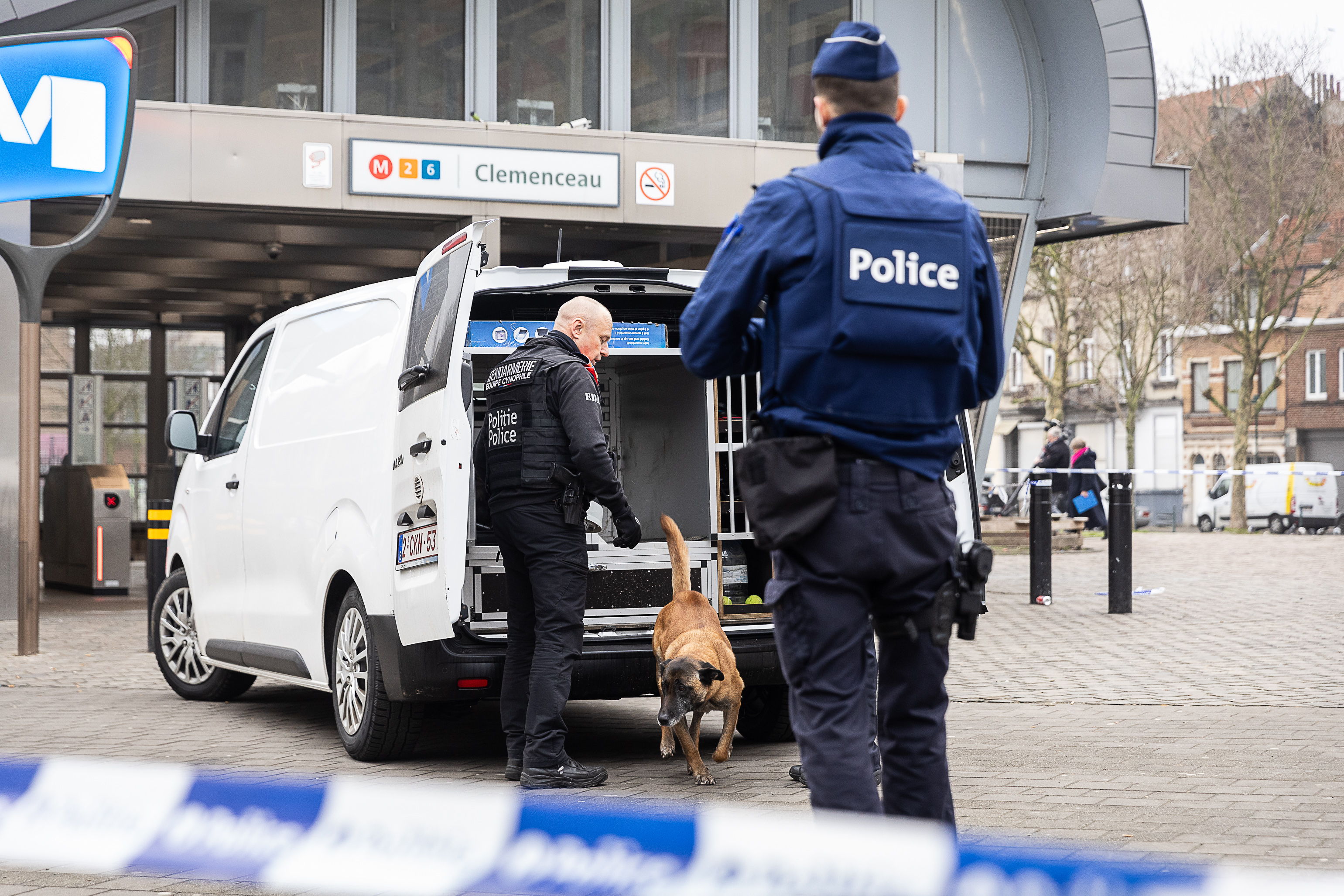Brussels extends hotspot strategy to tackle drug violence

The Brussels-Capital Region has extended its “hotspot” strategy for another six months in response to ongoing drug-related violence. The decision follows a meeting of the Regional Security Council (CORES), chaired by Brussels minister president Rudi Vervoort, alongside local mayors, police chiefs and justice officials.
The strategy, launched in April 2024, targets areas with high levels of street-level drug crime. It involves increased police patrols, stricter identity checks, restrictions on alcohol sales and community initiatives to improve neighbourhood safety.
The strategy will now be revised, with potential new measures to be announced in the coming months.
National response
Despite these measures, recent shootings in hotspots such as Clemenceau and Peterbos have raised questions about the strategy’s impact. Some argue that it focuses too much on visible crime but that it fails to address the organised networks behind drug trafficking.
“Nothing new has been decided,” Brussels MP for Flemish nationalist party N-VA Mathias Vanden Borre said. “Extending the hotspot strategy without clear results shows that this policy is failing.”
”We need a coordinated response at all levels”
While the hotspot strategy will continue, officials emphasised that local policing alone cannot solve the crisis. “We need a coordinated response at all levels,” Anderlecht mayor Fabrice Cumps said.
Police outside Clemenceau metro station in Brussels © BELGA PHOTO JAMES ARTHUR GEKIERE
Related news

